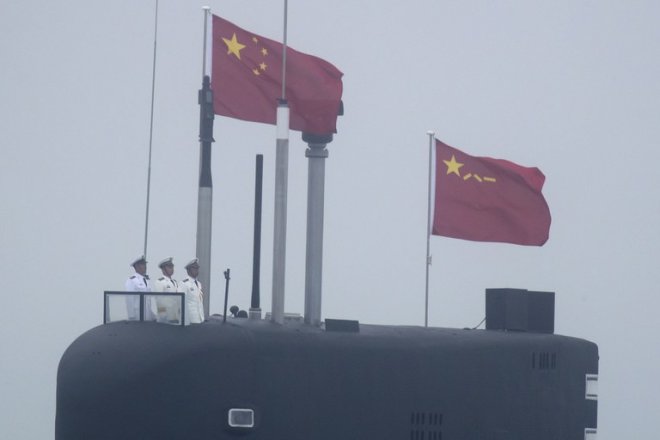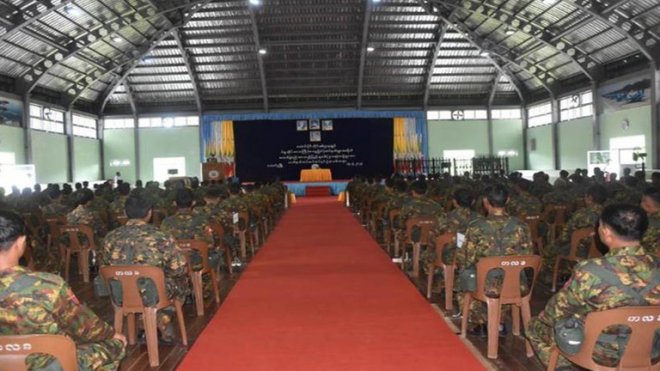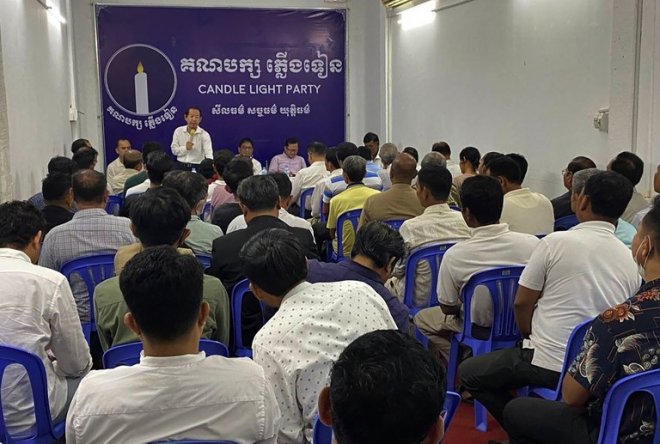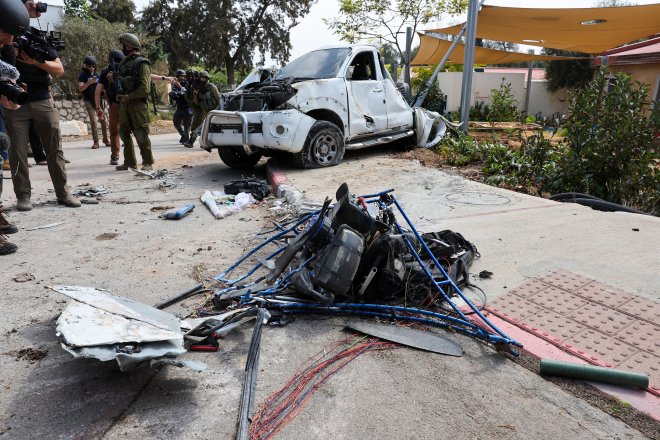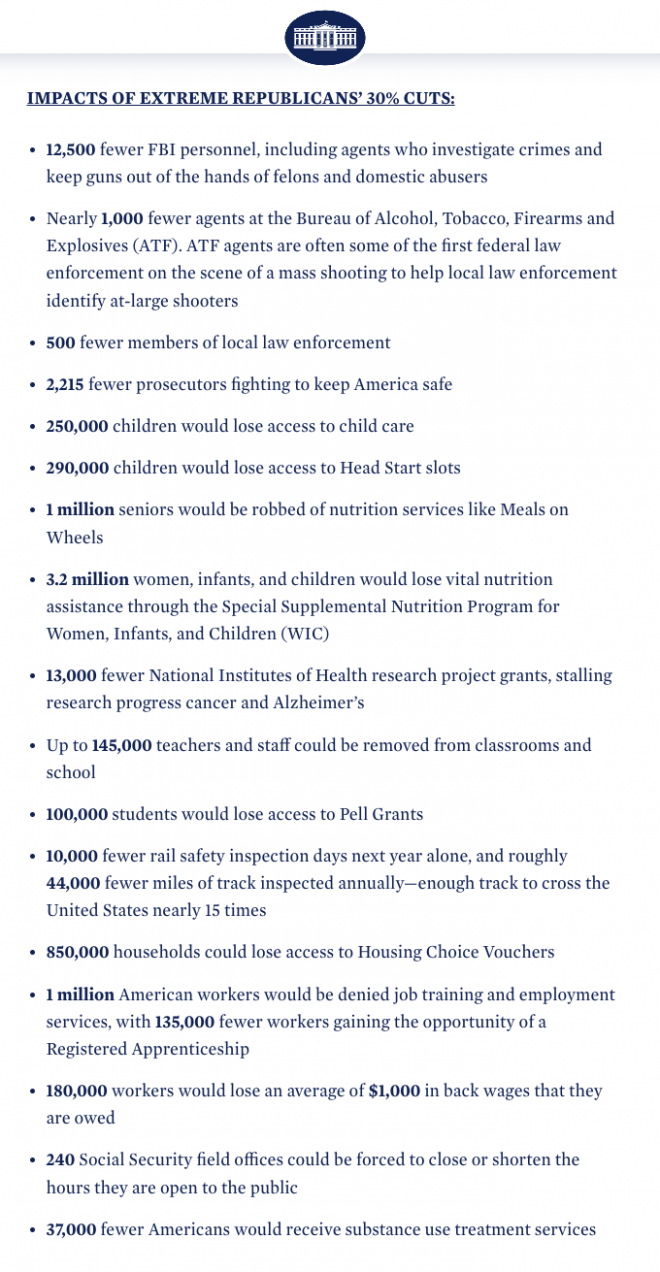Chinese students in US on a ‘political coming out’ still must manage risks
“Evan,” a Chinese grad student at Columbia University in New York, looks around a campus coffee shop anxiously as he explains why he’s helping form a group to challenge the orthodoxy of his government back home.“We can do something we can’t do in China,” he says, a black Yankees cap pulled low.
But as Evan’s demeanor suggests, doing “something” carries risks even here, 7,000 miles from Beijing. He speaks more forcefully about the motivation behind the Columbia White Paper Society when there aren’t as many Asian students – potential Beijing sympathizers – close by.
“We can form a community and feel a sense of solidarity,” Evan, a budding sociologist, says. “And then we can see, maybe there are more things we can do.” (Evan is a pseudonym he chose to protect himself against reprisals when he returns to China.)
A political coming out
The group takes its name from protests in China that sprang up last fall out of frustration of zero-COVID restrictions and anger at a fire in Xinjiang that killed 10 people. Many of the people who held up blank white papers to signify their government’s censorship are now in jail – including, Evan says, two of his friends.
He and his classmates don’t face that threat in the U.S. But they must consider consequences that American students don’t as they embark on what some activists call a “political coming out” – a period when Chinese students hone their worldviews beyond their country’s “Great Firewall” of censorship and the more universal self-centeredness of adolescence.
Openly criticizing China’s government can be a “very dangerous situation,” says “Shawn,” a self-possessed sophomore who is also in the group. Overseas Chinese students who have spoken against the Chinese Communist Party (CCP) have been harassed by more nationalistic peers, and security officials have visited family members back home.
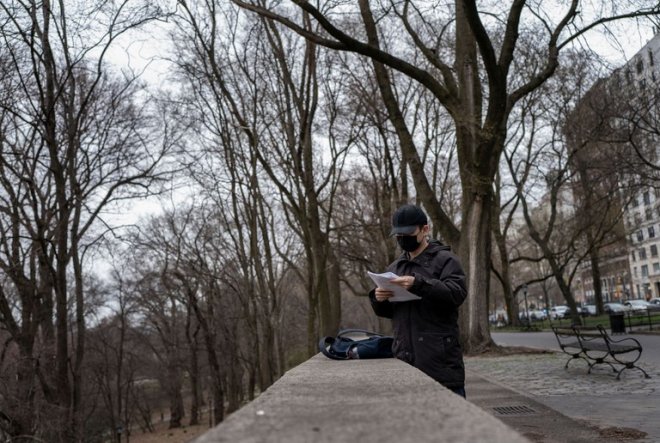 “Evan” reads a paper at a park close to Columbia University, on March 31, 2023. “We can do something we can’t do in China,” he says of his effort to start a White Paper Society at the school to challenge Chinese Communist Party policies. (RFA Photo/Gemunu Amerasinghe)
“Evan” reads a paper at a park close to Columbia University, on March 31, 2023. “We can do something we can’t do in China,” he says of his effort to start a White Paper Society at the school to challenge Chinese Communist Party policies. (RFA Photo/Gemunu Amerasinghe)Such cases of “transnational repression” of CCP critics are widespread, the U.S. government and human rights groups like Freedom House have said. Recently, the Justice Department charged 44 people, including 34 Chinese national police officers, with harassing dissidents in the United States. Two men were also arrested for allegedly running an unauthorized police station in Manhattan from which they harassed dissidents.
Given the stakes, the Columbia students are proceeding cautiously as they try to keep alive a movement they joined in the fall in support of China’s protests under the CCP’s watchful and expansive eye.
Struck unconscious
More than 290,000 Chinese students studied in the United States in the 2021-22 school year, according to a survey by the Institute for International Education. China sends more of its kids to the U.S. for college than any other country.
Many of those who come join the Chinese Students Scholars Association, or CSSA, to help them adjust to life in an unfamiliar place.
But some chapters reportedly receive funding from Beijing, so students who want to take advantage of their new political freedoms feel like they have to find other venues to express them. China denies it targets overseas critics of its government.
A number of recent examples show the risks of speaking out. A student at Indiana’s Purdue University who posted a letter praising Tiananmen Square protesters last year was harassed on campus and his parents were visited by security officials in China.
In Boston, police arrested one Chinese student for threatening another who had posted fliers in support of democracy in China.
At Columbia, one of Shawn’s friends was struck unconscious by an unknown assailant at a Nov. 28 demonstration. Shawn (also a pseudonym) said she didn’t think the attacker, apparently a Chinese man, was a student.
Other, less serious forms of harassment seem more common but still serve as a reminder to students that they can’t act with impunity. Attendees at a screening of a Tibet documentary shown in the fall noticed a man who appeared Chinese taking photographs through the window, Evan said.
Sveta Lee, a White Paper Society member who is helping to form a Students for a Free Tibet chapter at Columbia, said posters she placed around campus were ripped off of bulletin boards or vandalized with words “Tibet is an indispensable part of China” scrawled over them.
Lee was familiar with China’s transnational reach long before college. Shortly after moving from her home in northeastern China to Belarus in 2011 for high school, she was detained overnight for taking part in a protest against that country’s long-time strongman, Alexander Lukashenko.
Two Chinese students picked her up the next day and “told me to refrain myself from participating in events like this in the future if I didn’t want to get in trouble,” Lee says.
A careful recruitment
Now a permanent U.S. resident along with her mom, Lee is freer to express herself, which she does with a flash of blue hair on her head and a tattoo of the year of a Tibetan uprising on her arm.
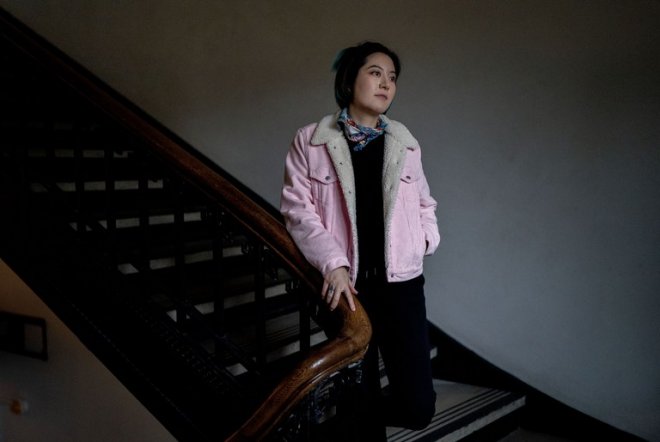 Sveta Lee poses for a photo in a building in the heart of Columbia’s campus. Lee, a White Paper Society member, is also helping to form a Students for a Free Tibet chapter at the school. (RFA Photo/Gemunu Amarasinghe)
Sveta Lee poses for a photo in a building in the heart of Columbia’s campus. Lee, a White Paper Society member, is also helping to form a Students for a Free Tibet chapter at the school. (RFA Photo/Gemunu Amarasinghe)But the students who are staying in the U.S. on temporary visas are understandably nervous about aggressively promoting their activities.
They talk on Signal, the message encryption app, take care not to associate their names with the group, and before entering political discussions search for clues to indicate friend or foe. (Evan says he’s particularly wary of engineering students because they believe in technology’s power to fix any issue.)
Their biggest fear is doing something that gets their families in trouble. Most said their parents either don’t know about their activities or don’t support them.
Political discussions were rare back home, they said.
Evan learned the risks of being too outspokenly political from his father, who faced tanks on Tiananmen Square in 1989 and had a hard time getting a job for a decade after as punishment. To a younger Evan, the stories sounded cool enough to recount to his elementary school classmates.
“I was so stupid,” he says. “My dad scolded me for it.”
Shawn, who wears long black bangs that frame her face and round John Lennon sunglasses favored by college activists everywhere, shared her father’s political views growing up. An executive at a developmental bank, he is a proud participant in China’s incredible economic growth, which the World Bank has called the “fastest sustained expansion by a major economy in history.”
Its revival had brought nearly 800 million of its citizens out of poverty by 2022.
“I thought China was a great place and had a lot of natural enemies because of our ideology and jealousy over our development within such a short time,” Shawn says.
Political discussions with friends were limited to foreign affairs or World War II, when China was invaded by Japan, she said. But at Columbia, she learned more about other sides to the story of China’s ascent as she met people like Uyghurs and Hong Kongers who spoke of suffering under the CCP’s heavy hand.
When a friend passed on a video of the “bridge man” stringing a banner across an overpass in Beijing demanding an end to zero-COVID policies and Xi Jinping’s tenure, Shawn said she felt a new urge to act.
“I realized that people who were in much more dangerous and risky situations compared to me could do such a brave act,” she said. “I was so much more privileged compared to someone like him.”
Movie screenings and karaoke
For now, the White Paper Society isn’t much bigger than the Dead Poet’s Society, the fictionalized group of prep school kids who challenged strict administrators and distant parents by breaking curfew to read poetry in the 1989 Robin Williams film.
But the students hope to build support over time through their Instagram account and in events they are able to plan in between their hours of study and social activities like board game nights.
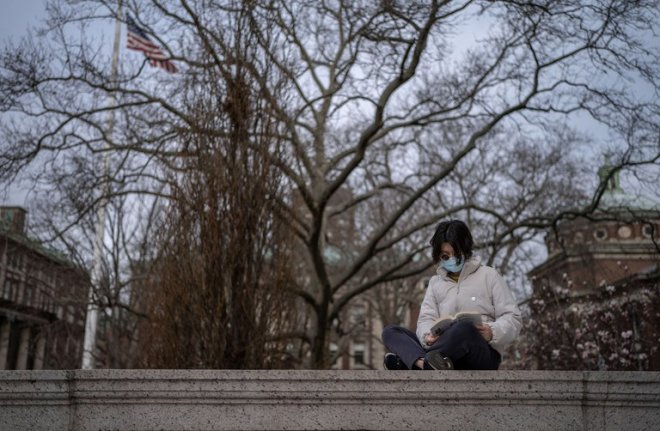 “Shawn” reads a book on the Columbia campus. She said the “bridge man,” who held an anti-government banner from an overpass in Beijing before his arrest, inspired her to join campus activities protesting her government back home. (RFA Photo/Gemunu Amarasinghe)
“Shawn” reads a book on the Columbia campus. She said the “bridge man,” who held an anti-government banner from an overpass in Beijing before his arrest, inspired her to join campus activities protesting her government back home. (RFA Photo/Gemunu Amarasinghe)The first event, on Feb. 16, was a screening of the HBO film, In the Same Breath, about China’s response to the COVID outbreak in Wuhan.
A discussion paper handed out at the event asked attendees to talk about their own COVID experiences and what they viewed as the future of the social movement in China.
The next event may be karaoke, with participants invited to sing protest songs, Shawn said. Her intention is to bring different groups together – Han Chinese, Uyghurs, Hong Kongers, Tibetans – to learn from one another’s experiences in a way that doesn’t engender conflict.
None of the students have any expectation that their efforts will trigger a mass social movement that topples Xi Jinping, although opposition to his third term and restrictive policies is a motivating force.
But they say they are surprised by the encouragement they’ve received in quiet discussions with fellow students, even if that support is yet to be reflected in official numbers or Instagram followers, which for the White Paper Society number only around 60 so far.
“I talk to my colleagues and to my classmates, and I thought that so many of them were pro-government and they’re unaware of what’s happening in China, but that’s not the case,” says Evan, who would like to study the treatment of rural migrant workers as an academic in his home country.
“They are from a higher social class in China, so their perspectives are quite limited,” Evan says. “But most of them are unsatisfied with everything happening in China.”
The sentiment reflects a view shared by his peers back home, he said, but one even less easily expressed.
[圖擷取自網路,如有疑問請私訊]
|
本篇 |
不想錯過? 請追蹤FB專頁! |
| 喜歡這篇嗎?快分享吧! |
相關文章
AsianNewsCast








